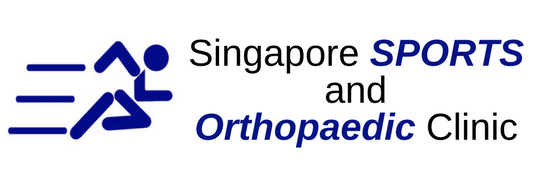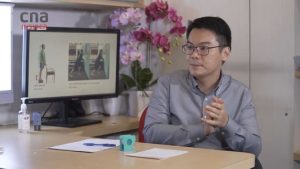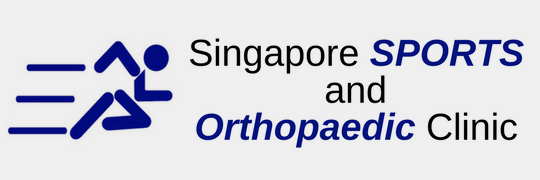Age related orthopaedic conditions frequently decreases the ability to remain mobile, cause discomfort and pain and reduces the ability to lead a quality lifestyle, requiring alterations to daily activities. Ageing is a process which is spontaneous and cannot be avoided. However, age-related problems can be avoided if proper nutrition and care is provided.
Osteoporosis
Osteoporosis is a skeletal disorder indicated by low bone mass and deterioration of bone tissues. Osteoporosis can be grouped into systemic and local. Local osteoporosis is due to fractures, rheumatoid arthritis, tumours, muscular paralysis or tendon ruptures. Our bone is frequently undergoing remodelling, forming new bone cells in the process. However, osteoporosis causes an imbalance between this bone forming, causing low bone mineral density and poor quality of bones which are easily fractured.
Osteoarthritis is another orthopaedic problem associated with ageing. Degeneration of ligaments and joints can cause arthritis. Patients suffering from arthritis suffer immense pain. They can also have deformed joints and even loss of motion. Osteoarthritis can happen in any synovial joints, but it occurs most often in frequently used parts of the body such as the hands, feet, knee and hips.
Carpal tunnel syndrome
Carpal tunnel syndrome can occur in elderly patients. This is due to the irritation of the median entrapment nerve compressing on the carpal tunnel. Rheumatoid arthritis can trigger carpal tunnel syndrome as well due to the inflammation of the flexor tendons, causing compressive stresses on the carpal tunnel.
Cervical spondylosis
Narrowing of the intervertebral foramina disc can cause irritation at the cervical nerve roots. This is often between the C4/5 vertebrae and can cause stiffness and sensory-motor impairment. Patients can also frequently experience a triad of tenderness over the neck area.
Genu valgum
Genu valgum or knock knee is often due to osteoarthritis in the knee. Osteoarthritis will cause deformation to occur on the knee, causing them to touch each other while straightened, and increasing asymmetrical wear on the cartilages at the medial and lateral joints. Genu valgum will lead to an increase in pain during activities and stiffness.
Plantar Fasciitis
Plantar Fasciitis is a medical condition that affects the feet and it causes extreme pain that is amplified after periods of inactivity. The pain is likened to as being stabbed repeatedly in the feet. The onset of pain is largely due to long periods of immobility of the feet such as a long day of using the computer. As the activities around the leg increases, the pain will decrease.
Degenerative orthopaedic conditions are common in the elderly. However, most of the conditions can be improved through physiotherapy or by leading an active lifestyle, working out the limbs and joints more often. When things get serious, pain relief medication may need to be consumed to maintain the level of pain in a tolerable range.






